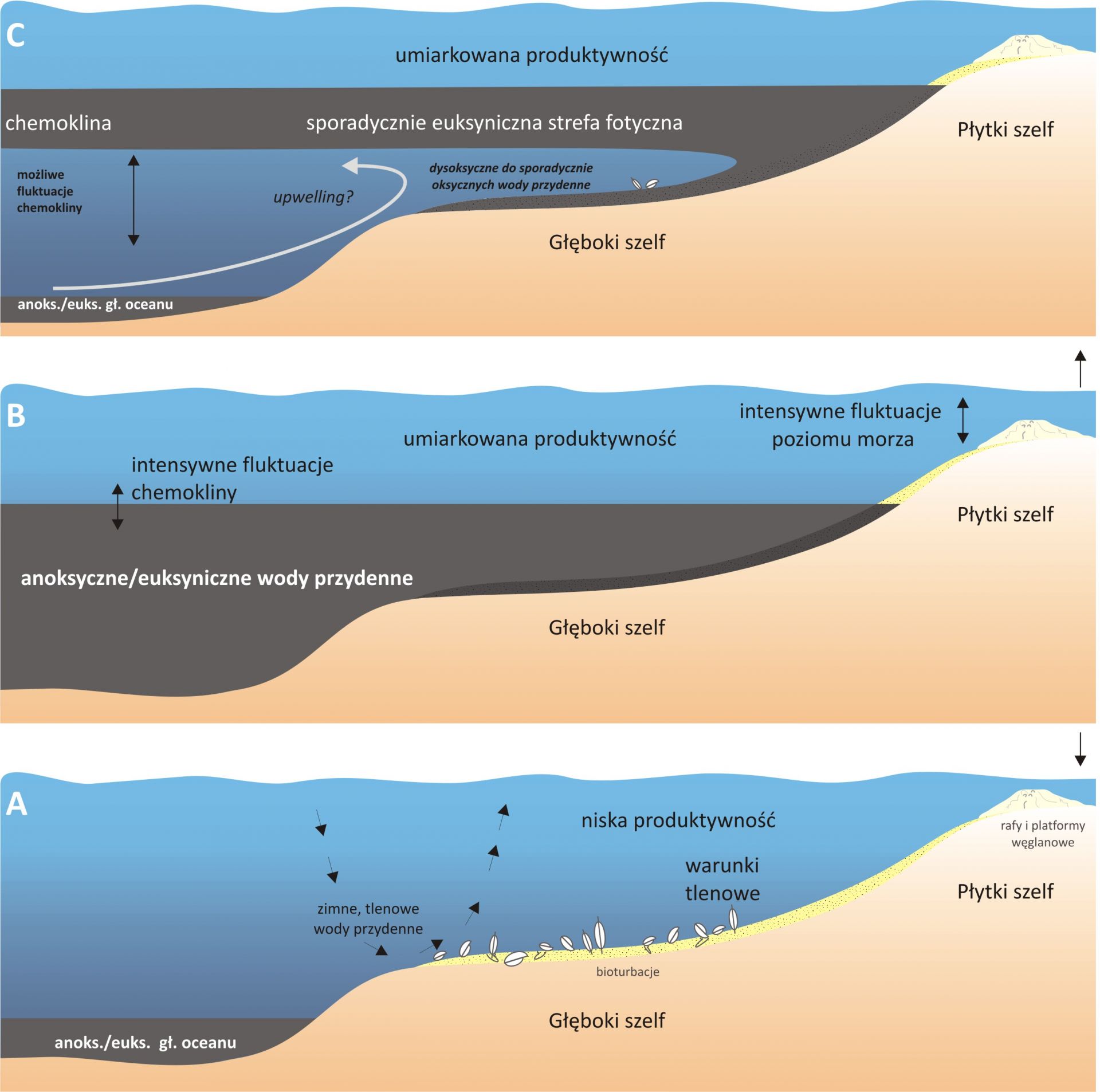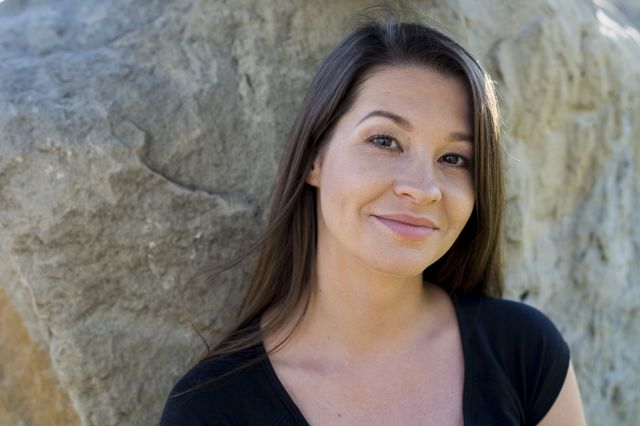One problem of science in Poland is the negligible mobility of the country’s research professionals, resulting in the ossification of Poland’s scientific map. This sets Poland apart from countries where scientific research is carried out at a higher level. A number of international initiatives are aimed at increasing researchers’ mobility, understood as the cornerstone of cooperation in research. Many universities and institutions throughout the world seek to attract young researchers from different countries, thus to boost their research potential through the intake of new research talents. At the same time, it is a standard approach throughout the world, and in in many places indeed a legal requirement that doctors who have newly secured their degree should – in embarking on their career – gather their experience in research projects and research teams from beyond their home university.
The NCN since its inception has set for itself the goal of increasing the mobility of Polish researchers, especially those on the threshold of independence in research. Our grant programmes feature many regulations favourable to mobility. The Council is of the opinion that young researchers’ contact with other environment than the one in which they have gathered their initial research experience is highly valuable and it contributes to their development. The sooner the process of establishing cooperation with other research centres begins, the greater the chance of forming large and diverse research teams in the future: and such teams are the mainstay of today’s science.
The intention of the NCN Council at the time of establishing the category of post-doc type post (previously unknown to the Polish system of employment in research) was to create favourable conditions for research institutions to offer temporary employment to excellent young researchers from outside those institutions as well as from outside Poland. An incentive for beginner-researchers to apply for such a post is, among other things, the attractive remuneration (the funding allotted for remuneration equals PLN 120,000 per annum, which may be increased if justified). The high pay is expected to encourage researchers within 7 years of receiving their doctorate, to apply for post-doc posts in open calls launched by research institutions other than their home ones.
A post-doc type post qualifies by its nature as temporary employment, which allows a young researcher to develop their skills under the supervision of an experienced leader of research team, and as such it prepares them to a future independent career in research. Because temporary, these posts do not replace permanent contracts of employment and should be considered as a type of work performed with a view to implement a specific research project. For that reason the funding allocated for the employment of researchers at post-doc type posts under the NCN calls are sufficiently competitive to induce a decision of moving to another city or to another research centre. It is a duty of the NCN to support the most promising researchers willing to take up the organisational and financial effort at that sensitive yet crucial moment of their career development.
The analysis of the structure of employment at this type of posts in the previous research projects funded by the NCN shows that Polish research institutions continue to be content with employing at post-doc type posts their former doctoral candidates or employees, thus perpetuating the situation of entire research careers being limited to one research centre. By introducing more rigorous terms of employment in the NCN grants, the Council hopes to stimulate the initiative of Polish research institutions and encourage them to hiring young talented researchers from other research centres in Poland and abroad by means of open and widely publicised calls. Throughout the world the requirement of mobility at this type of prestigious and well-paid post-doc type posts has been a standard development, and therefore we hope that in the long run the policy we implement will bring about positive effects in terms of the improved quality and competitiveness of the research carried out in Poland.
The argument prevailing among the opponents to the changes introduced by the NCN Council is that the continuity of research may be severed as a result of the requirement to hire persons who were not associated with the research team by employment relationship for a period of two years preceding the receipt of a grant, and as such have no experience of the research under way. Recognising research teams’ problems with acquiring young researches from outside their home environment, the NCN Council has decided to modify the moot criterion in the employment of researchers at a post-doc type of post. Therefore, the current version of the regulation reads:
Person at a post-doc type post may be paid salary from the pool allocated for full-time salaries pursuant to a full-time contract of employment at a research post as long as they meet all of the following conditions:
- have been selected by means of open competition procedure, carried out by three-person recruitment committee appointed by the head of the project’s host institution, composed of the project’s principal investigator as its chair and at least two other persons selected by him/her, who have necessary scientific or professional qualifications. The assessment of the candidates is carried out pursuant to the criteria outlined in the call announcement and the results are made public by posting on the webpage of the project’s host institution;
- the principal investigator in the project has not been research supervisor/auxiliary research supervisor of their doctorate;
- within two years preceding employment in the project they have not been employed on the basis of a contract of employment at the host institution of the research project;
- at the time of receiving this remuneration, they are not receiving any other remuneration paid from the resources granted under NCN calls under the heading of direct costs;
- in the period of receiving the salary they are not employed pursuant to another contract of employment ;
- the sum of resources for their employment amounts to PLN 120,000 per annum. If justified by circumstances presented in the proposal, a larger amount for remuneration may be requested. The Expert Team evaluates the legitimacy of increasing the remuneration amount.
It is permitted to employ at the post-doc type post in the project, remuneration from the pool allocated for full-time salaries, one person who does not meet the criterion set forth in point b).
For applications for re-employment at a post-doc type post at the same entity the term laid down in point c) does not apply. One may apply for re-employment at a post-doc type post at the same entity only once.
The above position has been adopted pursuant to the NCN Council Resolution No 102/2018 of 8 November 2018.




